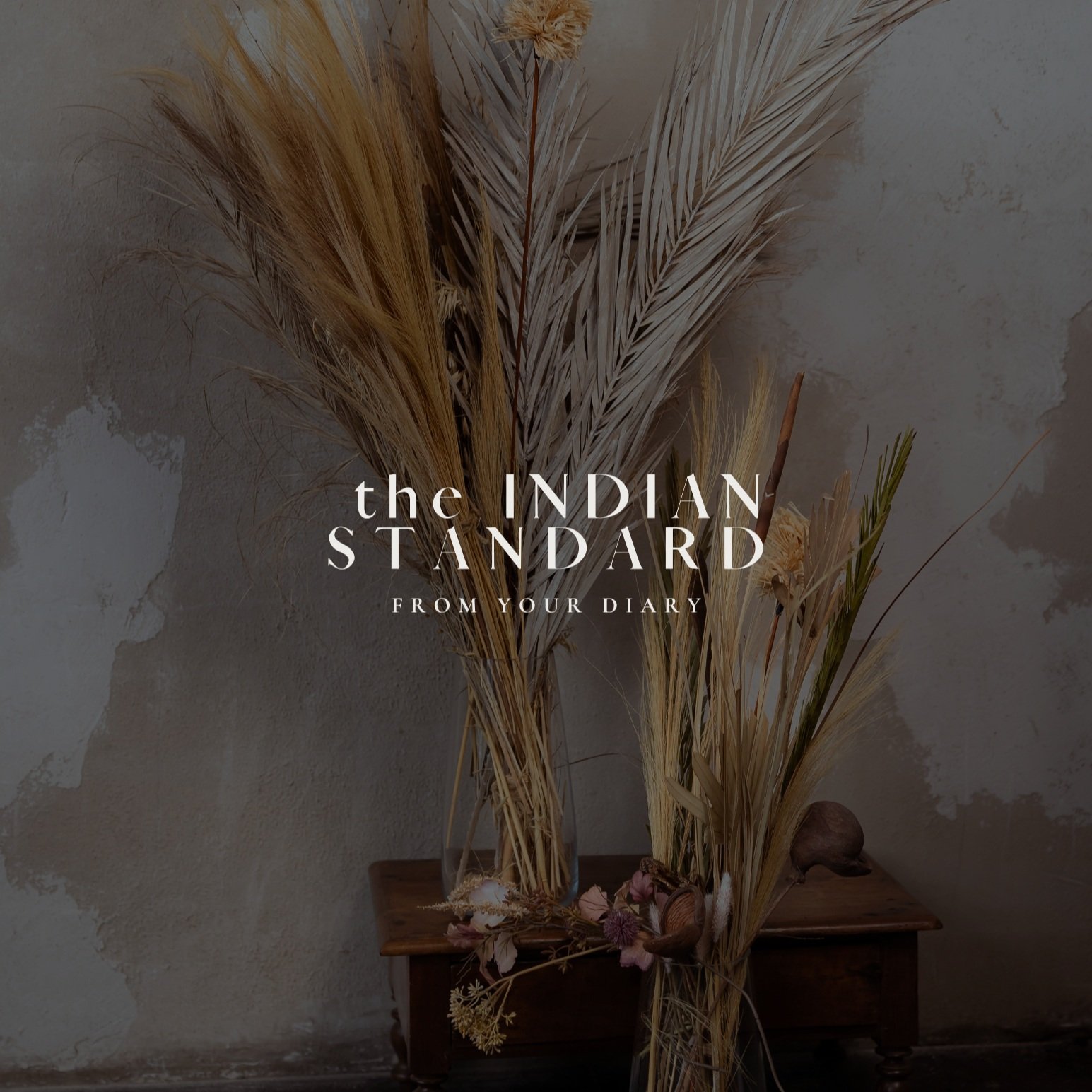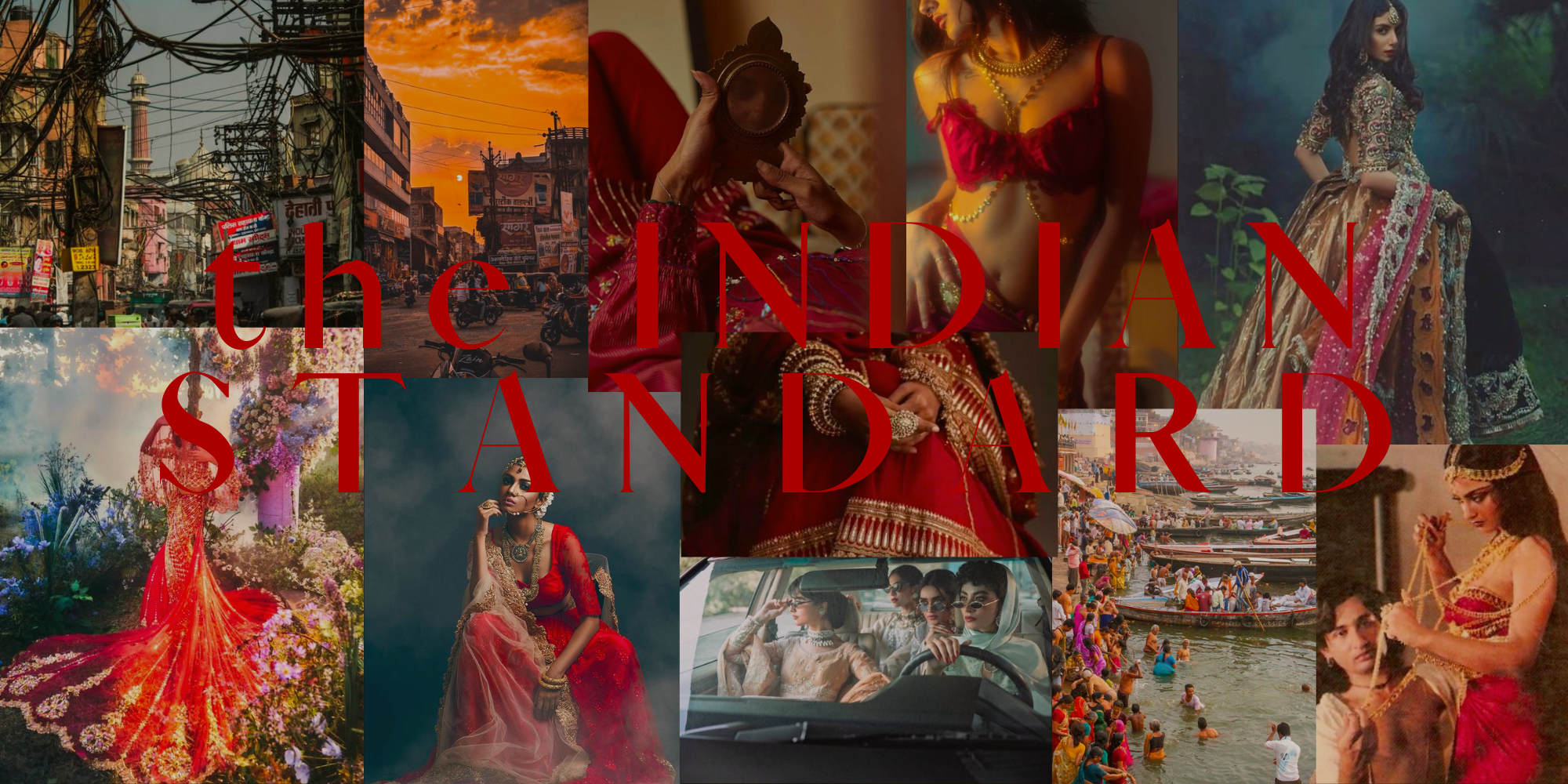
red pens
A piece by Subhana Mysha

TAMAS
Woven into the fabric of our universe is Prakriti—the source, the fundamental cosmic essence, the primal root of all existence. From Prakriti emerges three distinct energetic strands, or Gunas, that govern our emotional, physical, psychological, and energetic states. There are three Gunas: Sattva, Rajas, and Tamas.

Theme Explanation: Destruction
Yes, we are in the Kali Yugam. This is evidenced in Srimad Bhagavatam, the Bhagavad Gita, and countless other scriptures that detail the effects of Kali. There will be leaders that care only for their own benefit as greed will increase, spirituality will decline, fear and anxiety will increase, our concept of family will change for the worse as we quarrel with loved ones over petty matters, Dharma will decrease and our Earth will suffer the consequence of our materialistic desires. Per the Hindu Timescale, we also know that time is cyclical. We know that our time period starts with Satya (Krita), then Treta (where Sri Rama comes), Dwapara (Sri Krishna’s arrival) and then Kali, where the avatar Kalki will arrive. “And then, what?” you may ask. Well, the cycle starts again.

Convergence
From atomic structures to the trillions of cells that compose each one of us, every human being shares a divine connection to the universe. Every element found within the human body originated in stardust.The celestial bodies of our world influence our lives, our interactions with nature, our dispositions.

Theme Explanation: Devotion
Our history is a tapestry woven together in a pattern upheld by the human experiences that shape the way we see the world today. Each of us is a thread in that tapestry, an infinitely small, yet equally important part of an ever expanding whole. Understanding our history involves more than just an intellectual study, but an empathetic one - a curious, cultural look into the past. To understand our history is to understand the past, present & future. However, times shift, as we grow further away in years from those historic moments, do we render them irrelevant to the normal course of our lives?

Anirudh Rajagopalan
I am a young Indian-American musical artist. I was born to Indian-origin parents in a city near Osaka, Japan. I am 24 years old and currently live in Raleigh, North Carolina. I am a music composer, director, performer, multi-instrumentalist, and vocalist. I can play as a leading artist, or as an accompanist. Since my early childhood years, I have been exposed to various kinds of Indian, Western, and world genres. I have been performing for over a decade and am a recipient of several prestigious awards. In addition, I have met and had conversations with several world-renowned musicians, most recently Academy Award and Grammy winner A.R. Rahman, and international sensations Jonita Gandhi, Haricharan Seshadri, and A.R. Ameen.

Theme Explanation: Duty
We all have goals and dreams, wishes and desires. We work towards them in the ways we know how, trip over ourselves, go backwards and forwards, and sometimes, completely unaware of what the path in front of us looks like. I often think back to when I was 18 years old, I had just made the decision to go to business school and was about to start college in the fall. I had lists and lists of things I was going to accomplish, organizations I was going to be a part of, I even researched online for hours, may I add, how best to study in college.

Aunty Jokes: We’re Laughing at Our Own Expense
The aunty stereotype is a popular trope in both Indian and Western media. These middle-aged, South Asian women are often typecast as silly and overbearing, with an unwavering desire to control others. Recent examples of this caricature can be seen in the Netflix series Mismatched, and movies like 2 States and The Big Sick. All of the mothers in these productions are shown to be loud, dramatic, and emotionally manipulative. The problem doesn't always lie within the caricature itself. Lots of people, myself included, make jokes about the funny things their family members do. The consequence of the Aunty stereotype in particular, however, is the way it perpetuates regressive ideas and ultimately pits women against each other. As we work towards creating more diverse, empowering representations of South Asians, it is important to understand the impact of this generalisation.

The Cultural Parent
The topic of discussion for this essay is the Cultural Parent - which unpacks the generational trauma of behaviors, communication, interactions, and dynamics which are passed down the generations. It is left up to parents that raise new generations, to either conform to what they know and refuse to change any unhealthy patterns; or overcome and do better to break those patterns in the best way they can for themselves and future generations. (2020, Paras).

India’s Textile Industry: A Global Impact with Environmental Consequences
The clothes you’re wearing, the fabrics in your bed sheets, and even the cloth in your curtains. Chances are, the majority of the textiles used to make these items came from India, or in some part of South Asia. India’s textile industry is one of the oldest and most established industries in the world. Second after agriculture, the textile industry is one of India’s largest sources of employment and contributes significantly to India’s growing economy. For thousands of years, India has offered the world sturdy and vibrant fabric for a low dollar cost.

Theme Explanation: Choice
You have a choice in this instance to modify your thoughts and feelings. The pathway to peace is perhaps only as complicated as we believe it is. The hoops we perceive we have to jump are constructs of our mind; we can tell ourselves that we are farther from our goal based on how we view success and our own fortitude.

Sneha’s Self Care Routine
I should first preface that the four self-care routines I’m about to list is by no means a hard-and-fast rule book on how to live life. As you will see, they are all heavily tailored to me and all of the ‘fun’ quirks my brain likes to throw at me at the most inconvenient of times. Nevertheless, I hope it finds you well and you can take something away from it.

From Your Diary: Keerthi Sekar
At the end of the day, I realized that I am going to be the person that will get myself through those tough times. It's not pessimistic, it's realistic. Our culture stresses on being with your communities or surrounding yourself constantly around other people but oftentimes going through things as an individual is a lot more powerful when it comes to being able to truly understand what you're comfortable with and what you believe in.

The Journey
Take a second to appreciate how far you have come. Everything has only ever prepared you for this moment... and at the end of the day, knowledge only ever finds you. You are ready for the next up-level and I think sometimes we need a reminder on how valuable we are. We have the ability to access our differentiating factor. What makes you special? What makes you excited? When do you find joy? How do you feel when love fills your chest? How do you feel when you see your favorite person? Or hear your favorite song? This is the key. What makes you, you?

Self Concept
Our beliefs have dictated our lives. The creation of a belief starts at a young age where our familial influence, surroundings and thought pattern develop. Our perception of the world was likely held between the four walls of our childhood home and parents that have their own beliefs about the world. Now this is apparent in our lives today. How we choose to see the world is merely through our mind. Our feelings of how we are “supposed” to feel has shaped our emotions. Our subconscious mind has stored a series of true/false statements creating a sense of judgment for our society.

Dear Reader…
At times, it seems as though starting something is equivalent to committing. I notice, whenever I choose to start, my life expands in some unforeseen way. It’s almost as if, recommitting to yourself is what triggers the most illumination.

The Oldest Daughter
I feel sometimes forced to almost place my pressures that I have in my life and hold expectations for others - this projection can be very unhealthy for the relationships that I wish to sustain. I wish I could say that there are things that we can do but unfortunately a lot of this comes down to parental pressure and how we mitigate that relationship. None of us really want to lose our relationship with our parents or feel like we have to choose one or the other but sometimes it can be very hard to balance how we understand the world and how we have to see it through their eyes. In my opinion, open communication can solve a lot of our problems and it’s important to say to the people that we love the pressures we feel and how we choose to go about it.

April Issue: Page 13
Volume 1 Issue 4 - Page 9

April Issue: Page 9
Volume 1 Issue 4 - Page 9

April Issue: Page 7
Volume 1 Issue 4 - Page 7
